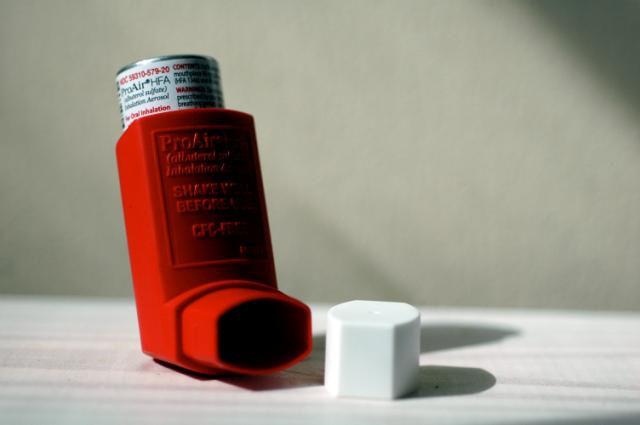An initial study has been launched at the David Hide Asthma and Allergy Centre at St. Mary’s Hospital to look into the effects of air pollution and allergen exposures on asthma and whether using Dyson air purifiers could provide improvements for asthma patients.
Asthma is one of the most common chronic diseases. It causes cough and breathing difficulty due to narrowing of the airways in the lungs. Indoor air may contain harmful substances produced by cooking, smoking and other activities such as particulate matter and toxic gases.
In addition indoor air contains numerous potential allergens driving allergic responses in vulnerable people. Further, pollution produced outdoors by road traffic and industry and outdoor allergens can also enter the home. Such exposures are well recognised as triggers that can worsen people’s asthma.
How to take part
The David Hide Asthma and Allergy study team at St. Mary’s hospital is now looking for people with asthma to take part in this study. It will involve 50 participants whose asthma is not optimally controlled on current treatment.
Everyone will be provided with two Dyson air purifiers, one for the bedroom and another for the living room. Half of the volunteers will be given active devices and half will have placebo (dummy) devices.
All patients will be assessed with allergy tests and lung function tests and their asthma monitored frequently during the study. After six months all patients will be provided with the active filter in an open extension to the study for another six months.
Improving health of individuals with asthma
Professor Hasan Arshad, a consultant at St. Mary’s Hospital and chief investigator of the study said,
“Improved air quality with lower levels of allergens and pollutants could improve the health of individuals with asthma.
“Therefore, a feasible and practical intervention such as a Dyson air purifier, that can reduce allergens and pollutant levels in the indoor air, might reduce asthma symptoms and improve control.”
To take part please call Susy Grevatt or Kaisha Bennett on 01983 552147, 01983 530786 or 01983 534113, or text 07710 229 794, or email: [email protected]
News shared by Isle of Wight NHS Trust. Ed





